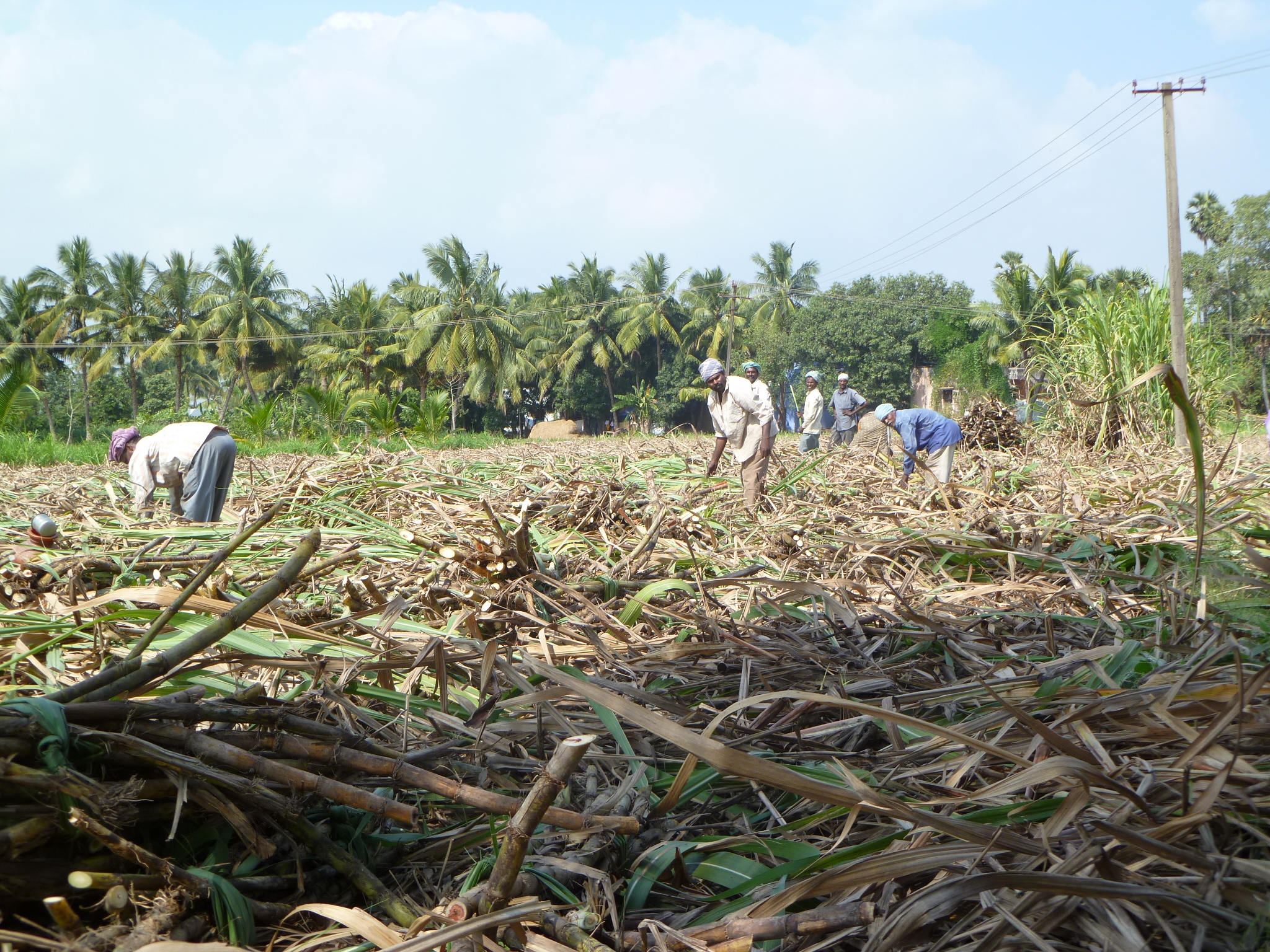Self-control problems can be consequential for the well-off; examples include failures to eat or live healthy, or save enough for retirement. But they can be far more consequential for the poor. Being in poverty means that, compared to those with more steady and productive income streams, the stakes are much greater (and the consequences are weighted more heavily) for every financial decision. While managing a household with limited financial resources demands a high degree of financial consideration, paradoxically the poor may be the most strapped for cognitive resources given the anxiety and uncertainty inherent in such an existence. Rather than continue to exhaust investigations into the myriad correlates of poverty, our study attempts to delve into something more central to an impoverished life—cognitive depletion and the cyclical effects it may have in perpetuating poverty.
In order to study this effect in a natural setting, the Centre for Innovative Financial Design of IFMR Research, has partnered with ideas42, Harvard University’s Social Science Research and Development laboratory, to look at the emotional experience of stress and its impact on decision making behavior of small sugarcane farmers. Unique from other crops, such as paddy, sesame or cereals, sugarcane is harvested once a year and paid for in one batch. Farmers receive a loan for farm investments at the time of planting and receive payment for their harvest 12-15 months after planting.
This creates a long gap between two payments that does not exist in any other crop. Planting sugar cane, while more profitable in a monetary sense, raises an unappealing psychological challenge—imagine receiving your entire annual salary all at once at the beginning of the year and having to dole it out carefully through the year. This situation generates a difficult problem for many poor farmers in terms of planning their households’ expenses: they must make the resources from each harvest last until the next one. Our study on the psychology of harvests aims at addressing an array of questions based on the stressors and conditions of farmers during times of scarcity and bounty.
The study was conceived to understand whether sugarcane farmers experience the psychological phenomenon known as ego (or cognitive) depletion during the pre-harvest period due to a scarcity of finances. If they do experience this mental exhaustion, how does the depletion affect their decision making processes? Could the stress of managing finances through lean periods result in what appears to be very poor financial and other investment decisions?

For example, the overload of anxiety during lean periods may contribute to farmers compromising on farm investments resulting in diminished quality and yields of their crop; selling or pawning their lands and jewels often at devalued rates; and, engaging in unfavorable loan and moneylending activity, such as incurring exorbitant interest rates, facing harsh penalties for failing to make repayments or defaulting on loans, and taking out new loans to repay outstanding ones, all of which perpetuate the cycle of debt.
The survey uses a pre-post survey design of 600 households in the Villupuram district of Tamil Nadu to determine how financial stress affects decision-making behavior during times of scarcity (pre-harvest) and bounty (post-harvest). The pre-survey is further divided into two groups—pre-harvest and pre-payment—in order to isolate financial anxiety from the stress that surrounds the harvest itself. The post survey is administered only once a given household has received payment from the sugar mill. Our sample consists of those respondents who are harvesting between 1.5-3 acres of sugar cane in the current crop cycle with no more than 1 acre of supplementary crops. Moreover, at least 60% of their total household annual income must derive from sugar cane to meet the survey requirements.
The survey explores how small-scale sugar cane farming households manage their income and expenditure through the 12-15 month cycle. Assuming that the periods before harvesting the crop are low income periods, do they exhibit differences in cognitive ability, time preferences, household consumption, child schooling and health, farm investments and management of loans and savings? The differences in cognitive ability would be assessed using three common psychological tasks, all of which are comparatively culturally unbiased and suitable for low-literacy respondents : Raven’s Progressive Matrices, Number Stroop Task, and Digit Span Test.
The study has both academic and applied applications. At an academic level it aims to understand how financial anxiety and ego depletion impact spending decisions and livelihood of those in poverty. At a practical level, by understanding the financial difficulties of sugar cane farmers at distinct points in the crop cycle, recommendations can be offered for improvements in financial products and how NGOs and the state can better serve this population.


